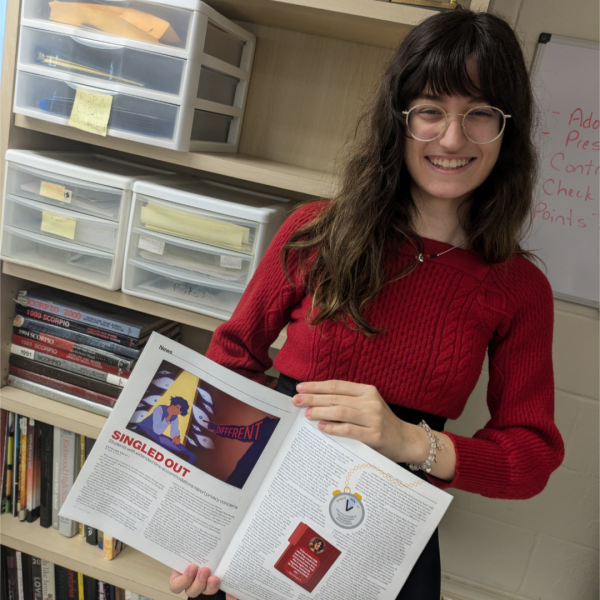The theater department has endured many major changes throughout recent years; from a full year without productions due to pandemic restrictions to two teacher changes with lasting impact, ripple effects from these changes continue to endure and affect the troupe to this day. Students, teachers and parents alike are all still in the process of adapting and reaching a point of stability that the department has not had for over half a decade now, and the last thing this community needs is more sudden change.
Formerly hosting an all-school musical, high school play, middle school production, high school musical, and a winter showcase of district performances, the troupe is majorly downgrading this year to only a high school play, all-school musical, and winter showcase. In addition, the troupe will attempt to collaborate with band students to have music performed live rather than played via tracks from the sound booth. Despite seeming like positive implementations in theory, these changes will only bring chaos and challenges for the troupe.
Collaborating with live musicians will result in complications with rehearsals, as scheduling will have to accommodate even more students and require more time for actors and tech to synchronize with them as they play. Not only that, but the band will take up valuable space in our auditorium which doesn’t have a pit built-in for musicians like many other high school theater venues do, resulting in a cramped feeling and the music potentially being too loud or interfering with sound from the actors themselves.
Although having fewer shows allows students and teachers alike to get more time off from theater, the sudden decrease is robbing many students of opportunities they may have been looking forward to for years now. Without a middle school show, the youngest students in our school are far less likely to get opportunities for major roles, making it more difficult for them to gain experience beyond ensemble in the all-school musical. For high school students, this means fewer opportunities to cover more mature themes in shows like death or dark comedy as has been done in the past with musicals like “9 to 5” or “Little Shop of Horrors.” Having fewer shows also diminishes opportunities for all students in general, making it likelier that the same individuals will be repeatedly cast in main roles, leaving significantly less room for others to develop their skills.
Even though running four productions may be challenging, it has long been a part of school culture and succeeded time and time again, and the four-production model was effective because if students were feeling overwhelmed they could simply take a break and either not participate or take on a smaller role during one of the shows. Teachers never felt overburdened by the workload because they collaborated with students to delegate tasks, allowing troupe leaders to be independent and providing them with guidance without having to take on too much weight trying to run every aspect of the program.
At the end of the day, the shows are student-run productions, and the four-show model was what allowed student creativity to shine through to truly reach its peak. In pursuit of a program more similar to professional industry standards, West Shore theater is losing sight of the student self-expression that made it special to begin with.








